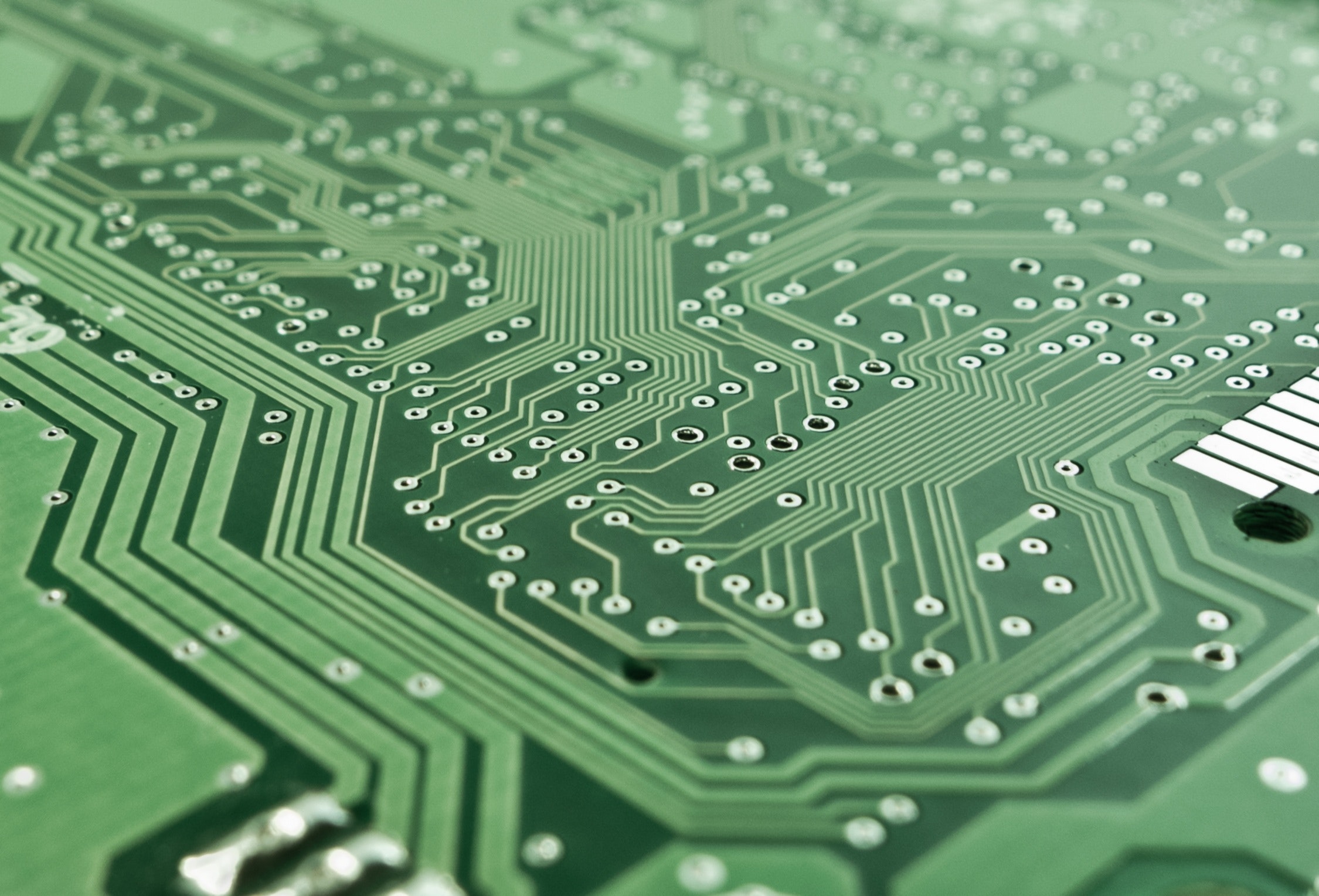
Quantum computing, with its promise of unparalleled computational power, has garnered significant attention in recent years.
According to recent research statistics, global investment in quantum computing has reached an estimated $9.1 billion, reflecting the growing interest and potential in this field.
As technology continues to advance at an exponential pace, understanding the principles and potential of quantum computing is becoming increasingly important. In this article, we embark on a journey into the captivating world of qubits, the fundamental units of quantum information processing. By exploring the principles of superposition, entanglement, and quantum gates, we aim to demystify the intricate workings of quantum computing and shed light on its revolutionary possibilities.
The Foundation of Quantum Computing:
At the core of quantum computing lies the concept of qubits, or quantum bits, which differ significantly from classical bits used in traditional computing systems. Unlike classical bits that can represent either 0 or 1, qubits can exist in a superposition of both states simultaneously. This ability to exist in multiple states concurrently opens up a vast landscape of possibilities for computation. Qubits harness the principles of quantum mechanics to perform complex calculations that would be infeasible for classical computers. By tapping into the quantum realm, scientists and researchers aim to unlock solutions to computational problems that were previously thought to be insurmountable.
Superposition and Entanglement:
Quantum Wonders Superposition is a fundamental concept in quantum mechanics that allows qubits to occupy multiple states simultaneously. This property enables quantum computers to process vast amounts of information in parallel, exponentially increasing their computational capabilities. The power of superposition lies in the fact that a qubit can represent a combination of 0 and 1, allowing for the exploration of multiple potential solutions simultaneously. This parallelism offers a significant advantage over classical computing, where computations are carried out sequentially.
Entanglement, on the other hand, is an intriguing phenomenon where qubits become intrinsically linked, regardless of the physical distance between them. Changes made to one entangled qubit instantaneously affect its counterpart, even if they are light-years apart. This non-local correlation presents exciting possibilities for secure communication and the development of advanced cryptographic systems. Harnessing the power of superposition and entanglement forms the bedrock of quantum computing and paves the way for revolutionary applications across various industries.
Quantum Gates:
Manipulating Qubits To perform calculations and manipulate qubits, quantum computers rely on quantum gates. These gates are analogous to the logic gates used in classical computing but operate on quantum bits instead. Quantum gates allow for the manipulation of qubit states, transforming their superpositions to perform specific operations. Among the essential quantum gates are the Hadamard gate, the Pauli gates, and the CNOT gate. These gates enable the creation of quantum circuits that execute algorithms designed to solve complex problems efficiently. The ability to control qubit states through quantum gates is a key aspect of quantum computing, and advancements in this field continue to push the boundaries of what is possible.
Quantum Computing Applications:
The potential applications of quantum computing are vast and encompass a wide range of fields. In the realm of cryptography, quantum computers have the potential to break traditional encryption methods while enabling the development of quantum-resistant cryptographic systems. Optimization problems, such as route optimization and portfolio management, can be tackled more efficiently using quantum algorithms. Drug discovery, material science, and machine learning are other domains that stand to benefit significantly from quantum computational power. As quantum technologies mature, their integration into various industries is expected to revolutionize fields as diverse as finance, healthcare, logistics, and more.
Conclusion:
In conclusion, quantum computing holds the key to unlocking unprecedented computational power and revolutionizing various industries. The concepts of qubits, superposition, entanglement, and quantum gates form the foundation of this groundbreaking technology. With global investments reaching $9.1 billion, the interest and potential in quantum computing are undeniable.
At Coding Brains, our software development company, we are committed to staying at the forefront of emerging technologies. With our expertise and dedication to innovation, we are well-equipped to navigate the evolving landscape of quantum computing. Contact us today to explore the limitless potential of quantum computing and discover how our solutions can propel your business into the future.
Remember, the journey into the world of qubits is just beginning, and the possibilities are endless. Embrace the quantum revolution and be part of shaping the future of computing.


Leave a Reply